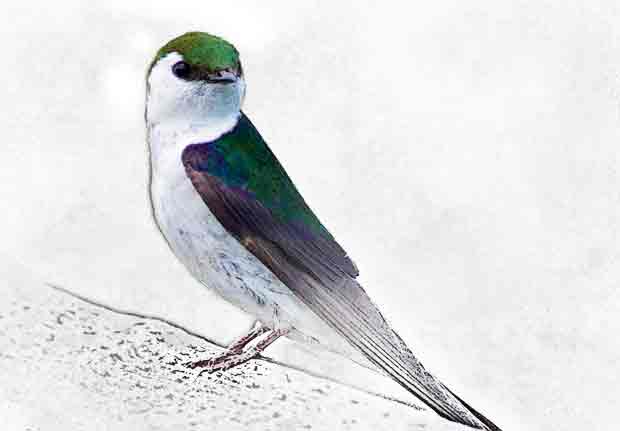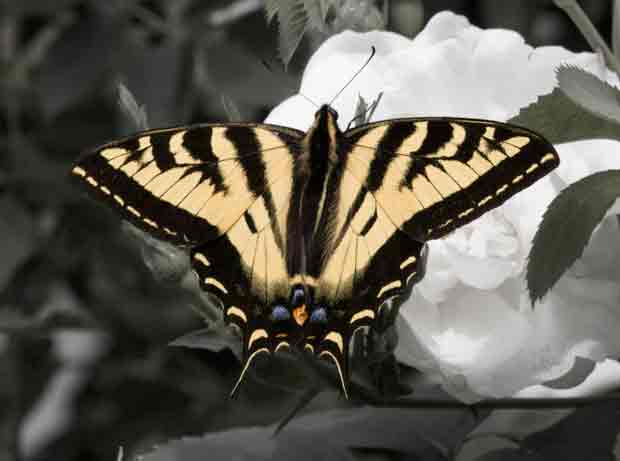I’ve thoroughly enjoyed reading Linda Bierds’ First Hand, the third book of her poetry I’ve read. Though I’ll have to admit I would be hard pressed to remember a single poem, each of the volumes has held me spellbound while reading it. And though I’m not sure it’s true of all her books of poetry, the three I’ve read have all focused around a particular theme — though it’s a different theme for each volume. It’s impossible to read her poetry without feeling you’re in the presence of a brilliant mind. Her’s knowledge amazes me. Her poems constantly send me to the net to discover more about the people who appear in her poems.
The book’s “Author Note and Acknowledgments” summarizes the volume in a few paragraphs better than I ever could ever hope to do:
As they trundle through the centuries, swaying this way and that, from wonder to foreboding, the poems in this book rest most frequently at the inscape of science. It is there, in that innermost space lit by the nature of human achievement, that their interest and questions lie, their praise and disquietude.
An inquiry such as this, which moves from third-century-B.C. theories of buoyancy to twenty-first-century biochemistry, must acknowledge what are for many the global and spiritual implications of a science increasingly adept at creating, extending, and annihilating life. To help me with that task, I’ve turned to the character of Gregor Mendel, whose work on the hybridization of peas foreshadowed genetic cloning. Mendel, for years carefully capping in calico his newly impregnated pea blossoms, labored at Saint Thomas Monastery, in Moravia, where he lived as a monk from 1843 until his death in 1884. Augustinian in its habits, the monastery encouraged research, which often included the crossbreeding of plants and animals. This activity, advancing for the monks an understanding of the complexities of Creation, was seen by the monastery to be completely compatible with worship. Others disagreed.
There’s no way I’m going to capture the essence of this volume of poetry in a single entry, but I think this poem:
ECSTASY
It began, as it will, in privacy,
Hedy Lamarr, right hand on the ivory keys,
an octave below her, George Antheil, slim
on a leather bench. He was playing a riff.
She followed. Again, then again, impulse
and echo, call and response, and Look,
she whispered, we are talking in code,
our sweet locution seamless, unbreakable.
And just what the nation needed-they knew-
a secret-spun articulation, a ciphered
téte-à-téte. It was 1942,
radio signals simple and jammable.
Here was the answer: a ticking riff,
electric, magnetic, hopping the frequencies,
tapping its glossy fingertips
down a slumped torpedo’s salty flank.
Out through the century its spectrum spread,
battlefield to microchip, a million million
cryptic trysts-while Lamarr with her patent,
her prize, met in darkness her flickering other.
Emulsion and light, she was less than a girl,
onion-skin thin on a waxy screen.
And desire’s perfect complement:
weightless, ageless, a film on the upturned eye.
How innocent her image then, as out through
the century’s cone-lit rooms, a nation sank
into velvet chairs. Then call and response,
synapse and blush, and Look, she whispered,
there is nothing between us-until nothing
stopped her airy touch, and nothing
stirred, and nothing cast its rhythmic clicks
high in the darkness above them.
suggests some of her brilliance, and her esoteric knowledge. I’ll readily admit I wasn’t sure what this poem was about until I read this entry about female inventors. But the fusion of art, music, science, and beauty hints at other poems that await the reader.
For me the real miracle of the poem, and similar poems in the book, is that it leads the reader down the path to hidden secrets. I jumped from site to site while reading this and other poems, gaining new insight not only into science but into the very nature of scientific discovery.
If you’re inspired to learn more about this book, this online review of her book and this Atlantic interview which introduces and even later volume of her poems makes good reading.
Like this:
Like Loading...


